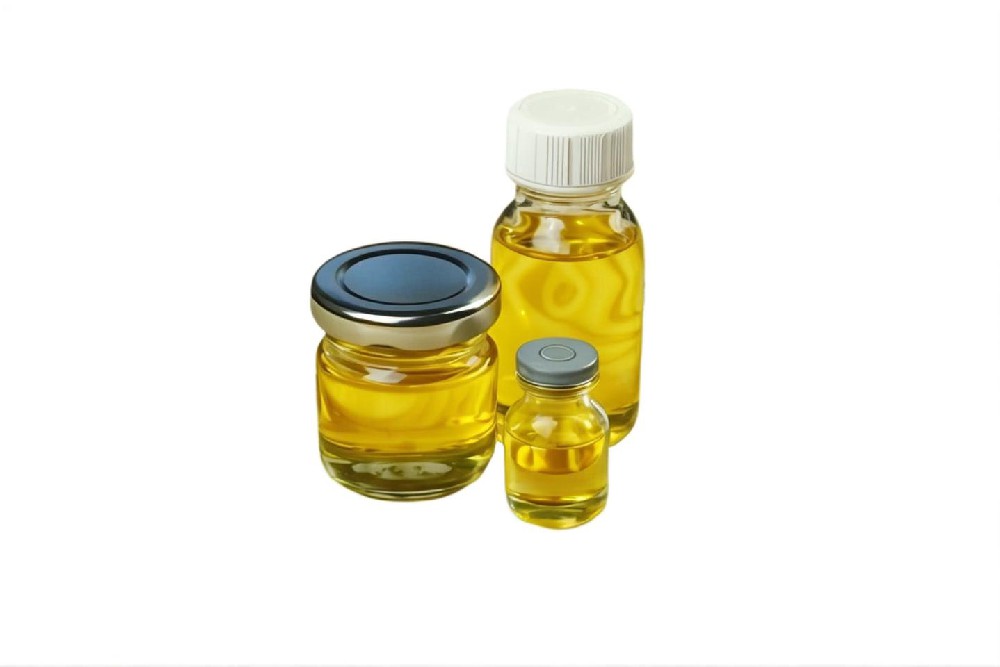
United States Pharmacopeia (USP) is a globally recognized, independent, scientific organization that collaborates with health and science experts to establish public quality standards for medicines, dietary supplements, and food. USP plays a pivotal role in ensuring the quality of these products, thereby protecting and improving the health of billions worldwide .
The USP sets standards that are built on rigorous science and provide a high degree of analytic rigor, accepted by regulators globally. These standards support every stage of drug development and manufacturing, from research to market release, ensuring the accuracy of analytical results and accelerating the development of quality medicines .
USP offers over 3,500 Reference Standards, which are highly characterized specimens of drug substances, excipients, food ingredients, impurities, degradation products, dietary supplements, compendial reagents, and performance calibrators. These standards enable companies to operate with confidence, reducing the risk of incorrect results that could lead to batch failures, product delays, and market withdrawals .
The USP–NF (United States Pharmacopeia–National Formulary) contains more than 6,800 drug quality standards, covering chemicals, biologics, active pharmaceutical ingredients, and excipients. It is the most comprehensive resource for drug quality standards globally, used in over 150 countries and incorporated into the laws of more than 40 countries, including the United States .
USP standards are not only used for quality control but also in the calibration of instruments and verification of drug samples, equipment, and devices in laboratories. They contribute to reducing the time and cost of new drug development, improving manufacturer consistency, intensifying market competition, lowering costs for consumers and health systems, enhancing product safety, and improving the quality of the global drug supply .
